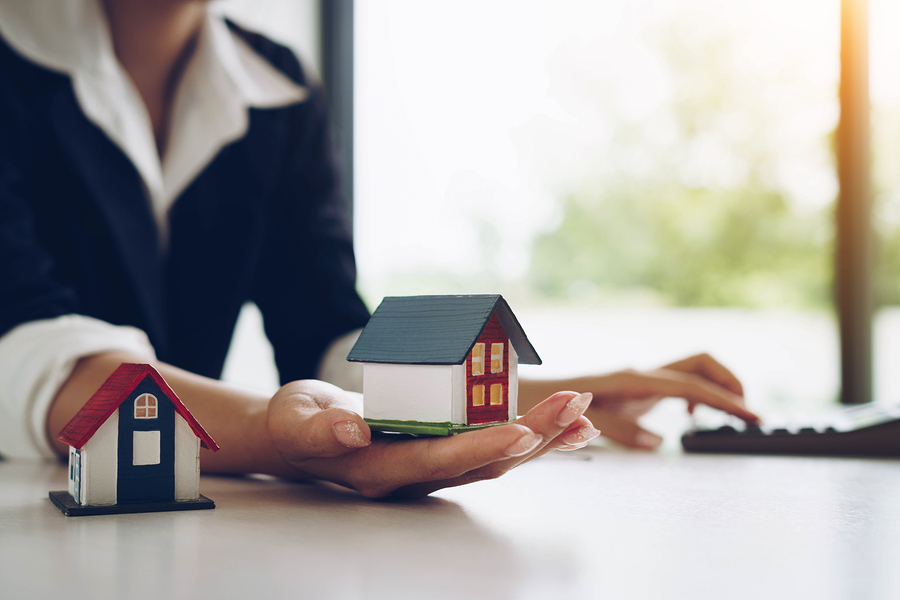What to know about buying a home at a high interest rate

One of the most common recommendations when preparing to purchase a home is to look for the lowest available interest rate. But what are buyers supposed to do when rates are high? Is it worth waiting until interest rates or lower, or is it still a good idea to purchase at a higher rate?
When the recession hit the real estate industry in 2008, the Federal Reserve set interest rates at an unbelievably low 0.25% to help inspire consumer confidence. Since then, interest rates have been slowly increasing; the Federal Reserve raised rates to 0.5% in 2015, 1.5% in 2017, and rates are expected to reach 3% by the end of 2020.
While interest rates may be rising, there is no need to panic. The following guide can help buyers navigate the homebuying process when interest rates are high.What happens when interest rates begin to rise?
As interest rates begin to rise, there is often an immediate uptick in real estate; many potential buyers who were on the fence about homeownership buy quickly out of fear of increasing rates. This can lead to low inventory levels and highly competitive market conditions as rates continue to rise.
It can be tempting to jump into buying a home to avoid “overpaying” with a high interest rate. However, it is important for buyers to take their time and not rush into the wrong home. Purchasing the wrong property can wind up costing buyers thousands in the long run; waiting longer for the right home – even at a higher interest rate – is often the better investment.
The relationship between home prices and interest rates
A change of as little as 1% can make an enormous difference in how much home buyers can afford. A buyer who is able to afford a $1,432 monthly payment could purchase a $300,000 home with an interest rate of 4%. However, to afford the same monthly payment with a 5% interest rate, their buying power would be reduced to less than $267,000.
Rising interest rates can cause initial increases in home prices; this can make affording a home difficult for some buyers. Over time, however, home prices will begin to decrease as interest rates remain high. The same homes will sell for less after the initial rush of buyers has come and gone, making more people able to afford homes and widen the pools of both buyers and inventory.
When buyers purchase at high interest rates, there are a variety of options to avoid overpaying in the long run. Budgeting for an additional payment towards the loan principal, switching to a biweekly payment schedule, or even refinancing can help defray the additional costs of a high interest rate.
by Author, December. 010, 2019